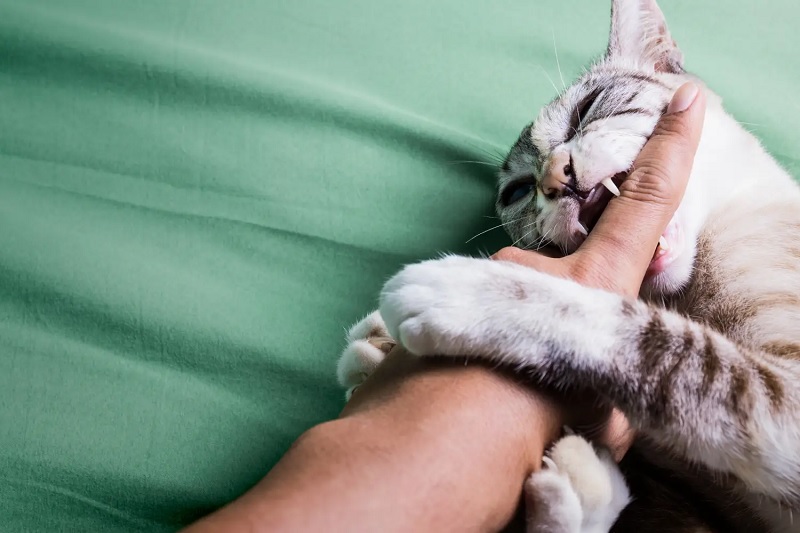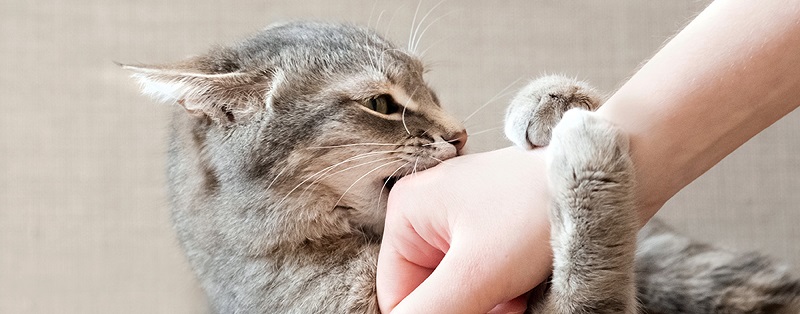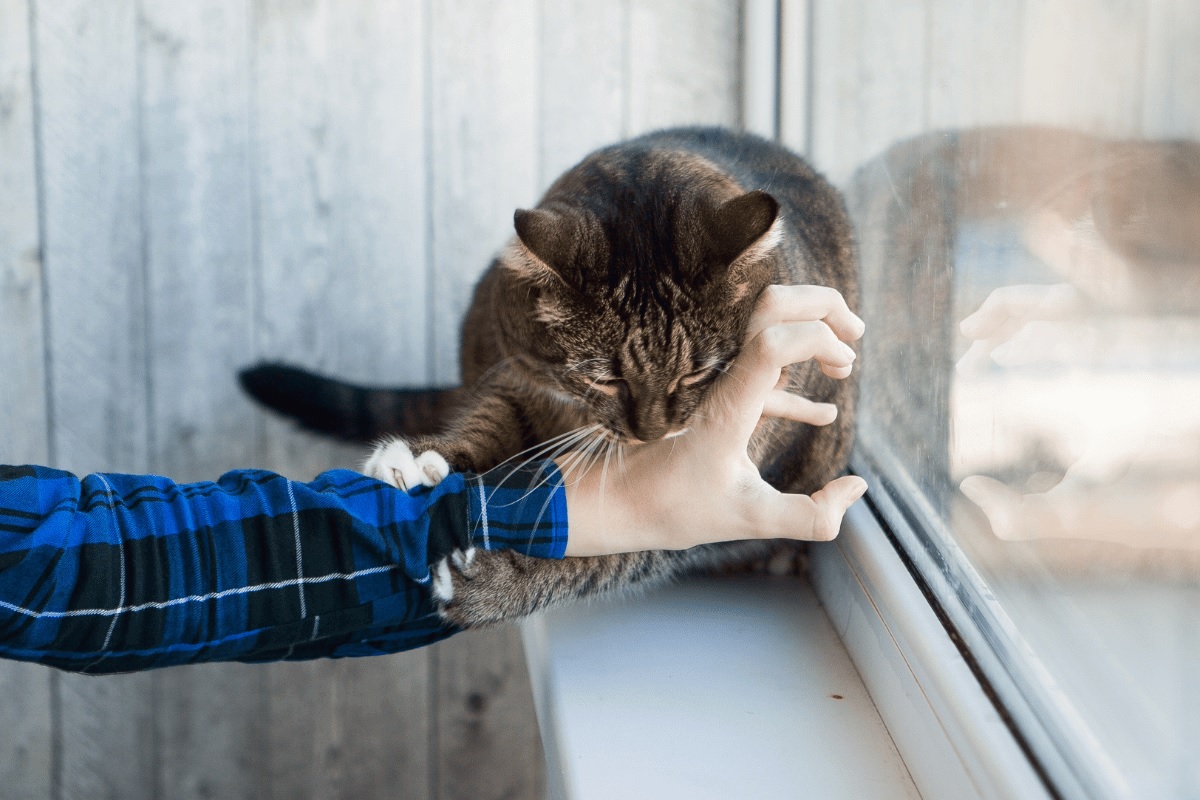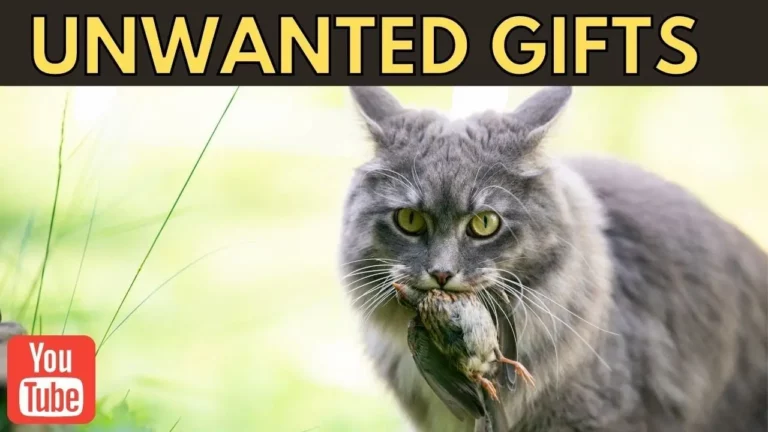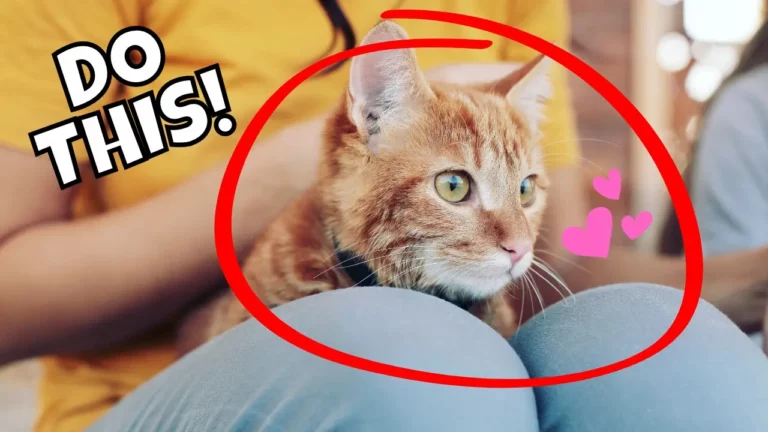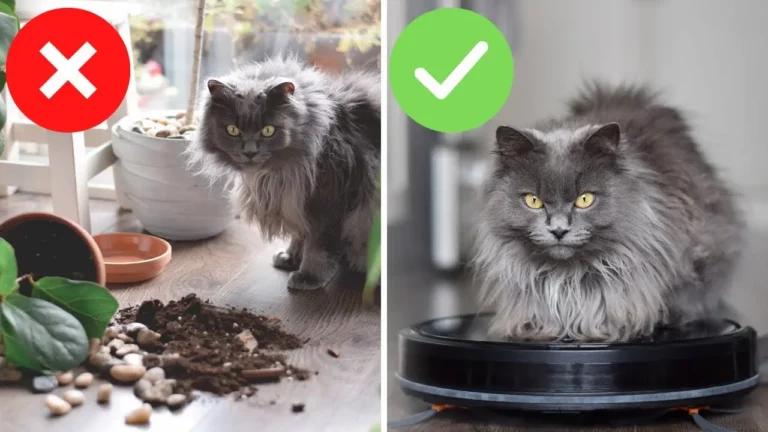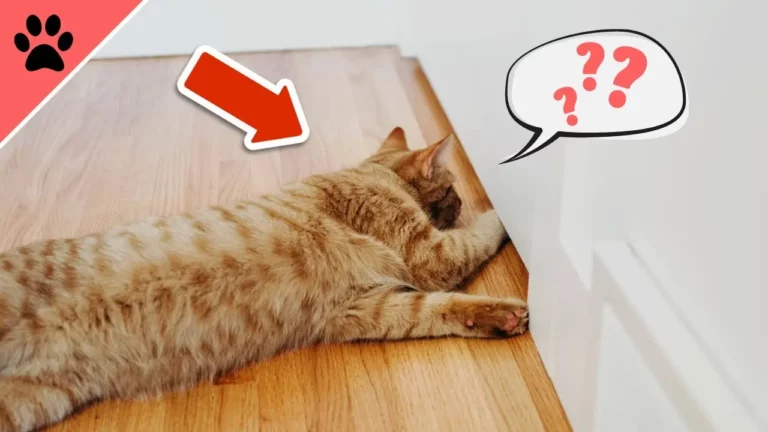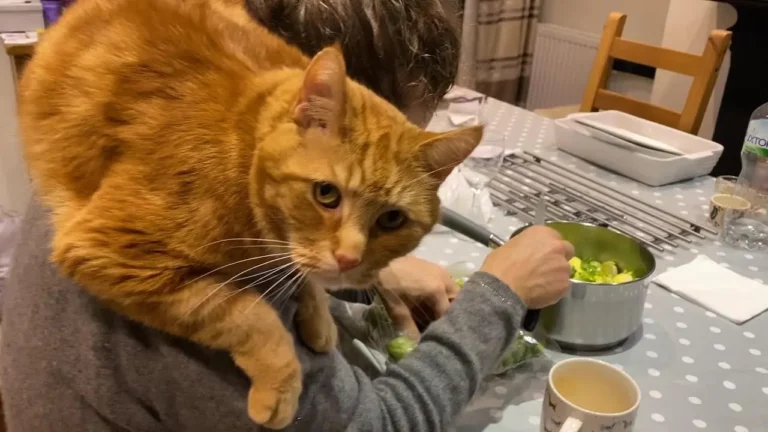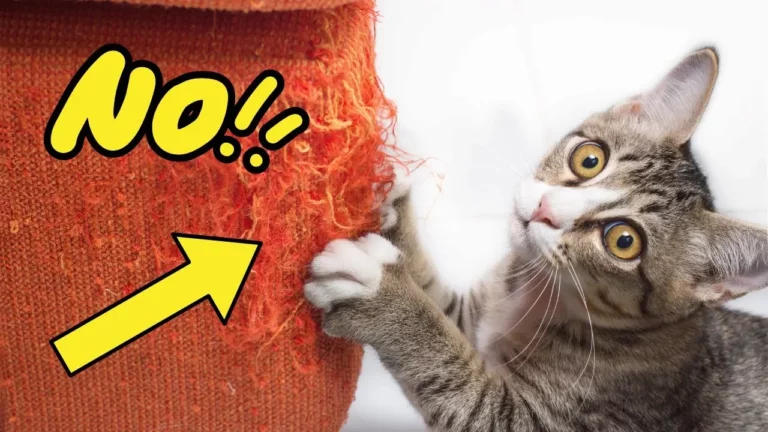Has your normally sweet cat ever suddenly hissed or lashed out with a bite? It can be shocking when your furry friend behaves aggressively, especially if the outburst seems to come out of nowhere. Understanding why your cat hisses or bites is key to improving your relationship with them and keeping them comfortable. Let’s dive into some of the main reasons behind these actions and how to address them.
Causes Why Your Cat Hisses or Bites
Fear and Anxiety
Fear is one of the most common reasons a cat might hiss or bite. Just like humans, cats experience anxiety, and their reactions to stress can often be misinterpreted as aggression.
Loud Noises or Sudden Movements
Cats are naturally cautious animals, and loud noises or sudden movements can easily startle them. Imagine how you feel when someone unexpectedly shouts or bangs on a door—it can make you jump, right? For a cat, these unexpected occurrences trigger their fight-or-flight response. If they feel cornered or scared, they may hiss as a warning or bite as a way to protect themselves.
Unfamiliar People or Animals
Another source of anxiety for cats is the presence of unfamiliar people or animals. Whether it’s a new houseguest or a neighborhood pet wandering too close to their territory, your cat may feel threatened. When your cat hisses or bites in these situations, it’s often their way of saying, “I need space!” Respect their boundaries, and give them time to adjust to new faces.
Changes in Environment
Cats are creatures of habit, and any changes in their environment—whether it’s moving to a new home or even rearranging furniture—can cause them stress. Have you recently redecorated or moved their litter box? These seemingly small changes can lead to anxiety, causing your cat to act out by hissing or biting.
Territorial Instincts
Cats are naturally territorial animals, and their desire to protect their space plays a significant role in their behavior. While it might seem aggressive, their actions are often just an attempt to keep intruders at bay.
Defending Their Space
Cats view their home as their kingdom, and any intrusion—whether from other pets or humans—can trigger defensive behavior. Your cat might hiss or bite if they feel their personal space is being invaded. This is particularly common when introducing a new pet into the household. The new arrival can be seen as a threat to their established territory.
Protecting Personal Items
Cats not only guard their space but also items they consider theirs—like their bed, toys, or favorite blanket. If another pet or even a person tries to take over these items, your cat might hiss or bite to stake their claim. It’s like if someone tried to take over your favorite spot on the couch!
Marking Territory with Biting
Biting can also serve as a way for cats to mark their territory. While they typically use scent marking (like rubbing their face on objects), some cats may use gentle bites to remind you who’s boss. This behavior is often more about asserting dominance than outright aggression.
Overstimulation
Overstimulation is a common but often overlooked cause of hissing or biting in cats. It’s important to recognize the signs before your cat reaches their limit.
Recognizing Signs of Overstimulation
Cats have their own ways of letting you know when they’ve had enough petting or playing. Ever notice your cat‘s tail flicking, ears flattening, or a sudden change in their body language? These are subtle cues that they’re becoming overstimulated. Ignoring these signals can lead to hissing or biting as their way of saying, “Stop!”
Avoiding Trigger Points
Some areas on a cat‘s body are more sensitive than others. For example, many cats dislike being touched on their belly or at the base of their tail. If you repeatedly pet these sensitive areas, you might be met with a hiss or even a bite. Understanding your cat’s trigger points can help you avoid these unpleasant encounters.
Time Limits on Play or Petting
While some cats enjoy extended play or petting sessions, others have strict limits. Too much stimulation can overwhelm them, leading to defensive behavior. If your cat hisses or bites during play, it might be their way of saying, “That’s enough for now.” Try to limit the duration of playtime to keep them happy and calm.
Physical Pain or Discomfort
Cats often hiss or bite to communicate that they’re in pain. If your cat has been acting out suddenly, pain could be the underlying cause.
Medical Conditions
Health problems, such as dental issues, arthritis, or gastrointestinal discomfort, can make your cat irritable and more likely to lash out. Cats are experts at hiding pain, so a sudden change in behavior might be their way of telling you something’s wrong. If you notice persistent hissing or biting, a trip to the vet is essential to rule out any medical conditions.
Injuries or Sore Spots
Similarly, if your cat has a specific injury or sore spot, touching that area could lead to defensive behavior. Imagine having a bruise and someone pokes it—you’d probably react sharply too! Cats may hiss or bite if a tender area is touched, so be mindful when handling them, especially if they’ve recently had an injury.
When Biting Becomes a Problem
Playful Biting vs. Aggressive Biting
Understanding the difference between playful biting and aggressive biting is crucial. Playful biting usually occurs during playtime; it’s often accompanied by purring and playful behavior. In contrast, aggressive biting is more serious and can be linked to fear or territorial disputes.
Understanding the Context
Consider the context in which biting occurs. Is your cat feeling threatened? Is it overstimulated during play? Recognizing these patterns can help you manage their behavior more effectively.
How to Respond to Hissing and Biting
If your cat hisses or bites, it’s essential to remain calm. Reacting with anger or fear may exacerbate the situation. Instead, give your cat some space to cool down.
To address these behaviors long-term, consider gradual desensitization techniques. This involves slowly exposing your cat to the triggers that cause fear while rewarding calm behavior with treats or praise.
FAQs
Why does my cat hiss when I pet them?
Your cat might be overstimulated or you might be touching a sensitive area. Try reducing the petting time and avoiding trigger points.
Is hissing a sign of aggression?
Not necessarily. Hissing is often a warning sign that your cat feels threatened or uncomfortable.
Can a cat hiss or bite due to health problems?
Yes, physical pain or medical issues like dental problems can cause your cat to act out with hissing or biting.
How can I reduce my cat‘s territorial behavior?
Give your cat plenty of space, introduce new pets slowly, and make sure they have areas that are solely theirs.
What should I do if my cat bites me?
Stay calm, don’t retaliate, and try to figure out what triggered the bite. Avoid reinforcing the behavior and give your cat space to cool off.
Conclusion
Understanding why your cat hisses or bites is crucial for maintaining a positive relationship with your feline friend. Whether it’s fear, territorial instincts, overstimulation, or physical pain, recognizing the signs can help you address the issue before it escalates. By creating a safe and comfortable environment and being attuned to your cat’s needs, you can help reduce these defensive behaviors.
